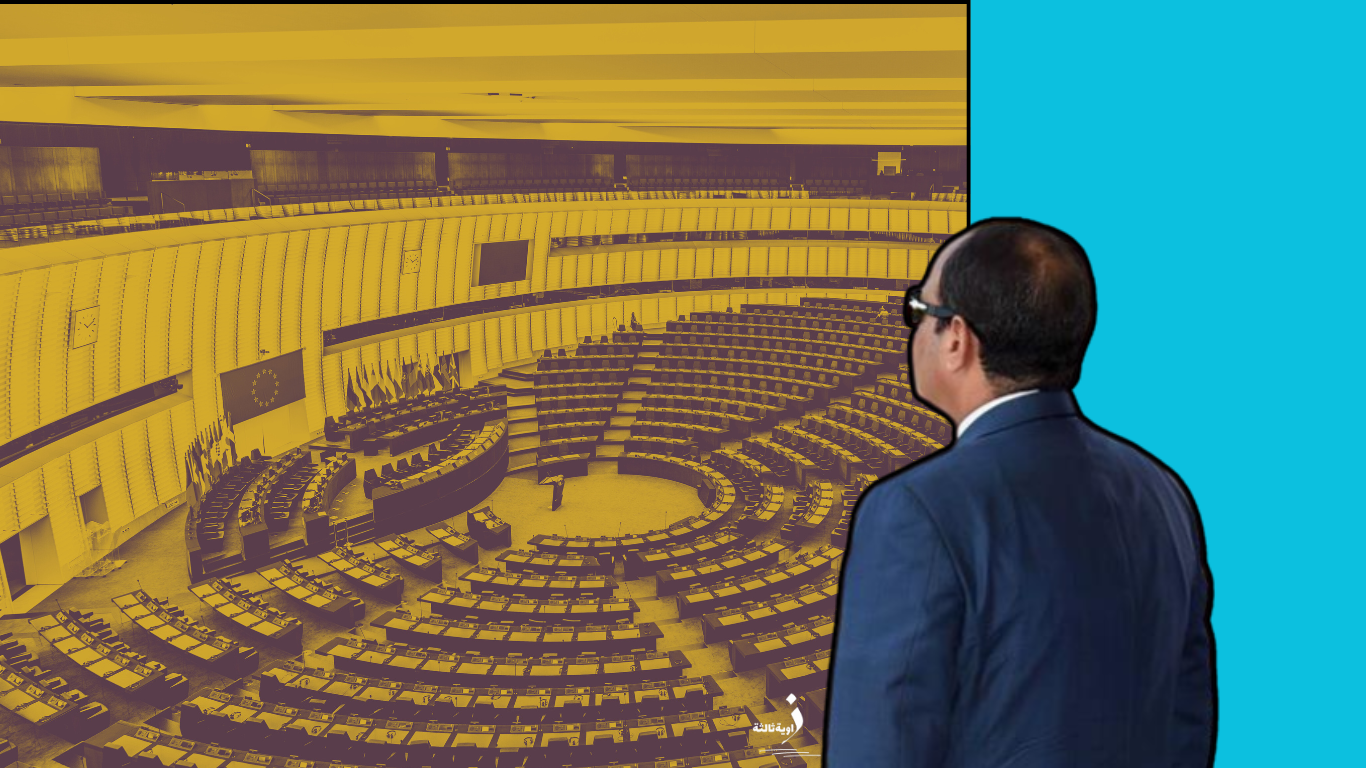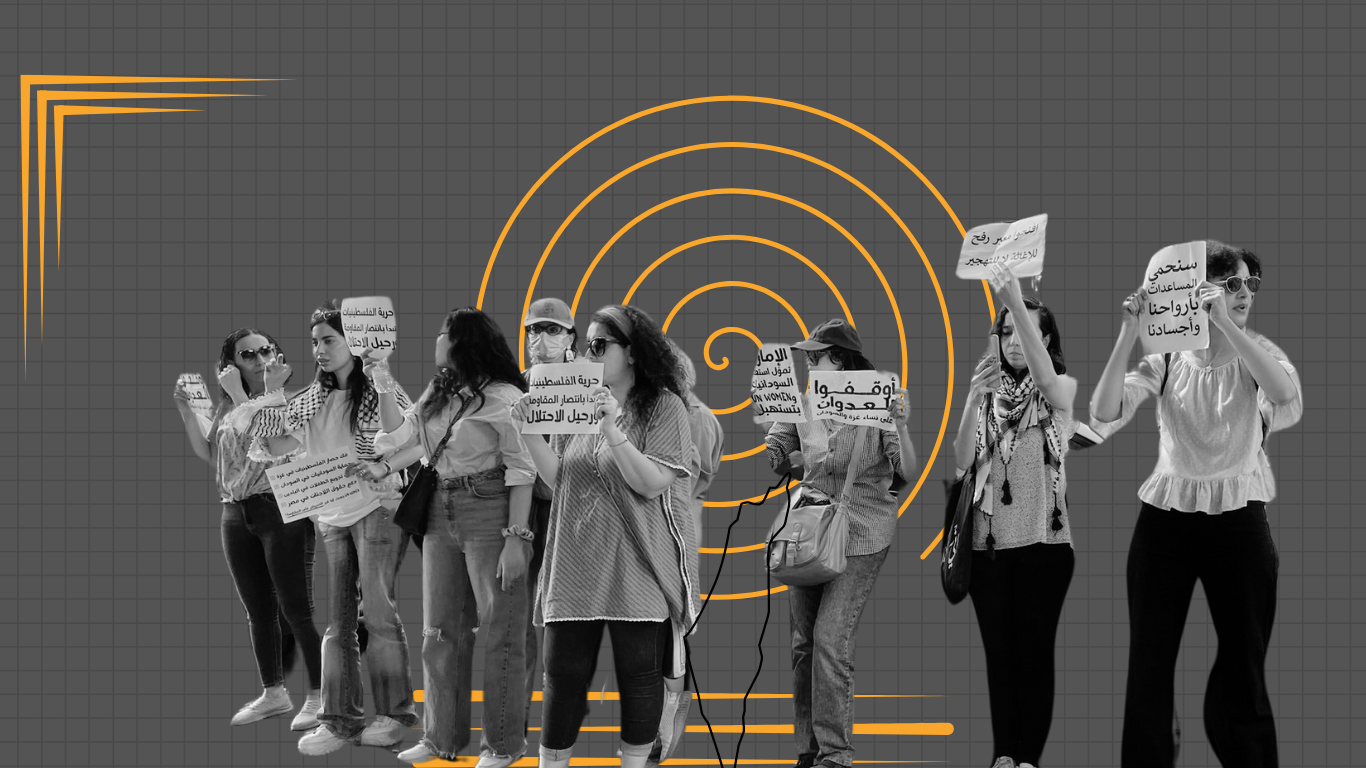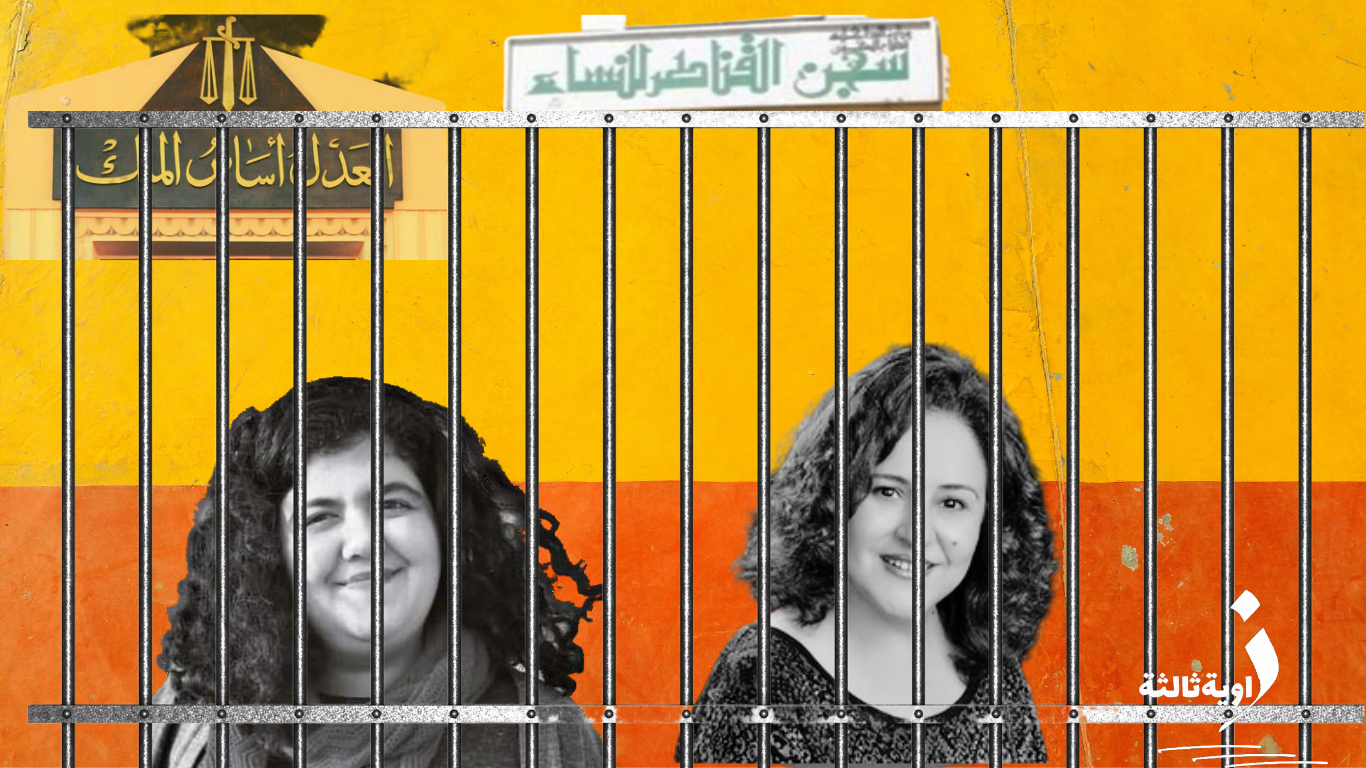President Abdel Fattah el-Sisi has approved a draft law presented by the government regarding the security and protection of public, vital, and essential facilities in the country. This comes after the Egyptian Parliament ratified the law on January 28 of the past year, known as Law No. 3 of 2024. During a general session in the Parliament, the proposed law was discussed by the National Defense and Security Committee. Member of the committee, Mohamed Salah Abo Hemila, presented a report on the government’s project concerning the security and protection of public, vital, and essential facilities in the country.
Abo Hemila justified the committee’s approval and support for the government’s proposed law, emphasizing its aim to secure and protect public, vital, and essential facilities. The law is intended to address challenges that may disrupt the operation of public and vital facilities in the country or the services they provide in all their forms. This is achieved by consolidating the laws regulating the subject into a single law and reformulating it in line with the constitutional duties assigned to the armed forces.
Report of the National Defense and Security Committee
The committee’s report stated that the draft law is a constitutional requirement. In light of the multiple laws that emphasize the protection and security of public, vital, and essential facilities in the country, the report advocates consolidating them into a single law. This aligns with the constitutional duties of the armed forces in safeguarding the state’s fundamental components, as outlined in the second chapter of the constitution.
The committee’s report pointed out that the amendment aims to unify the provisions and regulations regarding the continued assistance of the armed forces to the police in protecting public and vital facilities. This includes those essential to basic societal needs, such as goods, supply products, and other fundamental components of the state or national security requirements that are subject to the President’s decision. The amendments include subjecting all crimes occurring on public, vital, and essential facilities, as well as all types of services, to military jurisdiction. The committee’s report mentioned that the draft law grants officers of the armed forces and non-commissioned officers specified by the Minister of Defense the authority of judicial control to enforce the provisions of this law.
In the same parliamentary session, the Parliament approved amendments to some provisions of the Military Judiciary Law No. 25 of 1966. Among these amendments is the establishment of new rules to confirm the role of military courts as a judicial authority with all the powers and jurisdiction granted to ordinary judiciary authorities. Additionally, changes were made to the structure of the military judiciary in line with the powers granted to other judicial bodies.
The amendments introduced an appellate level in military crimes similar to the ordinary judiciary, serving as a new safeguard for the accused. This was implemented in light of incorporating crimes against public facilities protected by the armed forces into the Military Judiciary Law. The amendments also included modifying the first article of the law to place the military judiciary under the Ministry of Defense and subject it to the laws and regulations of the armed forces.
|
In this report, politicians and legal experts spoke with Zawia3, considering that the amendments aim to broaden the referral of civilians to military courts, along with an expansion of the state’s militarization amidst an unprecedented economic crisis facing Egyptian society. |
Power Instead of Reform
Human rights lawyer Yasser Saad believes that the Parliament’s approval of the proposed law means a return to the March 2011 era when the military council took control of the country. This implies the absence of any constitutional or legal authority in the state, with the military effectively managing the country. Saad sees this as a deviation from the constitution and international agreements, diminishing Egypt’s status as an institutional state striving for democracy or even reform.
Saad pointed out that this fear was the primary reason for concerns about the 2014 constitution, which granted the military establishment independent authority. Despite the constitutional rights and guarantees, this goes beyond the legal framework within which the state operates.
He added that the 2014 constitution and its amendments in 2019 made the military institution assume the roles of the three constitutional branches: legislative, executive, and judicial. This implies a disregard for rights and freedoms within society, increasing violence against the state. Saad argued that these amendments indicate the state’s resort to force, considering the military as the only entity possessing the legal authority to wield power. This signifies the state’s failure in any claimed reform or development, and in reality, Egypt is at the end of the road, resorting once again to security measures for survival after completely disconnecting from society since 2011.
Saad clarified that constitutional exceptions, such as declaring a state of emergency, do not exempt them from being exceptional cases. This means that the state is subject to the principle of the separation of powers, with the military being part of the executive authority. Even if the parliament authorizes the military for various roles, it remains temporary.
He concluded by stating that the state’s resort to force and the imposition of military courts, with exceptions, signifies a lack of vision for reform or development. The state’s claims in this context are unreal, leading to more violence, violations, suppression, and control over the three state institutions.
| The constitutional amendments in April 2019 assigned new tasks to the armed forces alongside their fundamental role in protecting and preserving the country’s security and territorial integrity. According to these amendments, Article 200 of the constitution included three new tasks for the army: safeguarding the constitution and democracy, preserving the state’s essential components and its civil nature, and protecting the people’s achievements, rights, and freedoms. These amendments faced opposition from the opposition at the time, expressing concerns about the vague language in assigning new tasks and powers to the military, leaving room for interpretation and ambiguity. |
More Militarization
A series of laws have been enacted with the aim of protecting public facilities, starting from the law issued by the former President Mohamed Morsi, known as the “Morsi Law,” and extending to the recent government proposal submitted to the parliament.
According to the explanatory memorandum of the draft law, the government based its legislation on Article 200 of the constitution, which redefined the role of the armed forces and solidified its role in protecting and maintaining the constitution, democratic principles, and preserving the civil nature of the state. It also referred to Article 204, which discusses military justice as an independent authority exclusively responsible for adjudicating all crimes related to the armed forces.
In its project, the government aimed to integrate all laws granting the armed forces the authority to protect facilities, starting with the law issued during President Mohamed Morsi’s term in 2013. This law supported the armed forces, police, and temporary coordination in maintaining security and protecting vital state facilities until the legislative elections at the time. The law granted jurisdiction to the civilian judiciary to adjudicate matters related to it.
| During President Abdel Fattah el-Sisi’s tenure, the cooperation between the armed forces and the Egyptian police expanded to include “gas pipelines, petroleum fields, railways, electricity towers, and more.” The military judiciary gained jurisdiction over relevant crimes, starting from October 2014 until October 2016, extending for an additional five years until October 2021. Subsequently, the parliament approved an amendment to the Facilities Protection Law, allowing the armed forces to collaborate with the police permanently in securing and protecting public and vital facilities in the country without a specific time limit.This decision came days after the president’s announcement of the cancellation of the state of emergency in effect for years, which allowed the army to assist in protecting facilities and referring crimes committed against them to military courts. |
Politician and researcher Mostafa Shawky views the approval of the draft law as a continuation of the militarization of the public domain. He added, “If this was acceptable to some in the past due to the terrorism risks faced by the Egyptian state, it is no longer acceptable today after the state declared its success in the war on terrorism and enhanced security stability.”
He explained that such legislation is, in reality, used to suppress and terrorize social, union, and popular movements. These laws create a form of emergency that was suspended two years ago after continuous implementation since 2016. The military judiciary remains an exceptional jurisdiction that denies civilian citizens all fair trial guarantees, representing an expansion of the trial of civilians before military courts in violation of the Egyptian constitution and relevant international treaties.
Shawky emphasized, “We cannot overlook the hundreds or thousands of civilians who have suffered injustice and imprisonment for long years after appearing before military courts.”
Chasing Traders
The draft law aimed at protecting facilities grants the armed forces the authority of judicial control over crimes that affect society’s needs for goods and essential supplies. The President of the Republic is empowered to determine the actions that threaten the “essential components of the state and the requirements of national security.”
In response, the Cassation lawyer Islam Abdel Mageed believes that the purpose of the draft law on the protection of facilities is to intimidate traders amid the crisis of goods in Egypt.
He explained to Zawia3 that the most significant use of the state of emergency law since its issuance in the 1950s is related to supply issues. The authorities always believe that solving crises comes through security solutions, although this has proven to be unsuccessful over successive governments. He affirmed that the crisis in Egypt is not just a traders’ crisis but a crisis of the country’s management, resulting in shortages of goods and fluctuating exchange rates.
In the same context, Akram Ismail, a leader in the “Life and Freedom” party, stated that the military’s intervention in civilian life is evidence that society is losing its balance and moving away from civilian frameworks. He added that the presence of the army in Egyptian society is reaching a state of dominance mixed with interests, especially since the army has its almost parallel economy to the country’s economy.
Ismail expressed astonishment at the government’s inclination to consolidate military courts and give them civilian features instead of returning criminal cases to civilian courts. There is a propagandistic aspect to the draft law, as the state insists on portraying the price hike crisis as being linked to traders and that the solution lies in trying them militarily. This indicates a determination not to acknowledge the reality of the crisis in Egypt, resulting from failed economic policies.
In April 2016, Human Rights Watch revealed the trial of at least 7,420 Egyptian civilians in military courts since October 2014, when President Abdel Fattah el-Sisi issued a consequential law expanding the jurisdiction of military courts.
The organization, in its report, examined about 50 Egyptian media reports since October 2014 describing the referral of thousands to military trials. It found that a large number of defendants were referred to military courts because the vague provisions of Sisi’s law effectively placed all public property under military jurisdiction, not because they committed crimes against the armed forces.
The organization emphasized that trying civilians in military courts violates international law, including the “African Charter on Human and Peoples’ Rights” of 1981, ratified by Egypt in 1984. The African Commission on Human and Peoples’ Rights stated that civilians should not be subjected to military trials.
The Justice Support Foundation at the Arab Center for Judicial Independence and Advocacy expressed deep concern about amendments to some provisions of the military judiciary law, which violate the constitutional guarantees granted to Egyptians in their right to trial before their natural judges and not to be tried before exceptional military courts except within the limits set by the constitution.
The foundation explained in its statement that Article 5, the first paragraph of the draft law, including military judicial jurisdiction, opens the door to the trial of civilians before military courts. This article sparked widespread controversy when Law 136 of 2014 was issued, especially as its wording is imprecise and could be used to expand the military trial of civilians under changing circumstances.












